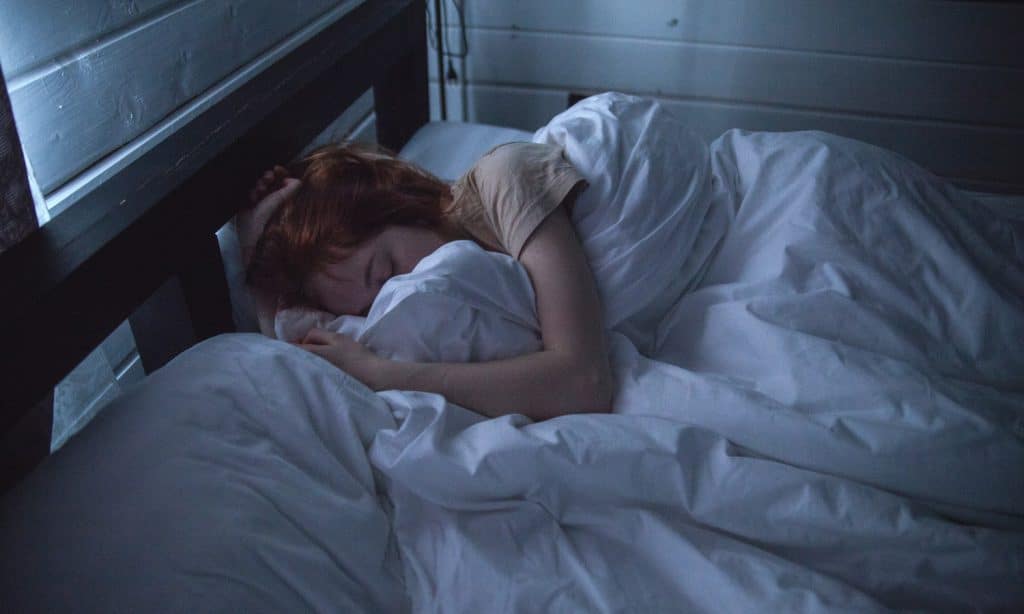Anecdotal and scientific evidence suggests that marijuana can help people cope with acute insomnia.
Sleep is easily disrupted by the state of our mental health. It makes sense then that people are reporting increased issues with their sleep habits, having more vivid dreams, less restful sleep and more insomnia during the past couple of months.
People usually struggle with their sleep habits. According to Donn Posner, president of Sleepwell Associates an adjunct clinical associate professor at Stanford University School of Medicine, around 35% of people struggle with recurring bouts of insomnia. Now that people are coping with dangers posed to their health, the economy and social distancing pressures, the world’s current situation is a perfect recipe for sleep disorders.
When it comes to health workers, recent stats show that the pandemic has affected their sleep and their health dramatically. A survey conducted by Sleep Standards found that on average, healthcare workers are sleeping 5 hours a night. Forty-one percent of them are experiencing insomnia, 27% are dealing with nightmares, and only 21% of them report no sleep issues.
RELATED: Let’s Talk About Why Sleep Is Important — And How To Get Some
Could marijuana help manage these symptoms of insomnia? Studies and anecdotal evidence suggests that it could.

A recent study from the University of Western Australia found that cannabis could provide an effective treatment for those who suffer from acute insomnia, specifically when the type of cannabis consumed is made up of a blend of THC and CBD. Patients treated with this kind of cannabis reported sleeping for more hours, falling asleep quicker, and getting back to sleep with more ease after waking up in the middle of the night.
“This study represents the most rigorous clinical trial ever undertaken to assess the therapeutic potential of medicinal cannabis to treat the symptoms of chronic insomnia,” lead researcher Peter Eastwood said in a statement. “The fact that ZLT-101 treatment achieved statistically significant, dose responsive improvements across a broad range of key insomnia indices is impressive, particularly given the relatively short two-week dosing window.”
RELATED: Can Marijuana Improve Sleep For Chronic Insomnia Patients?
Instead of forcing yourself to sleep when your body doesn’t want to shut down, start off by implementing a few easy habits. Limit the amount of screen time you have and try to keep a regular schedule, working out a few times a week and eating as healthy as you can. Have a hit or two of cannabis before bed and see how your body responds. You might be surprised in a good way.


